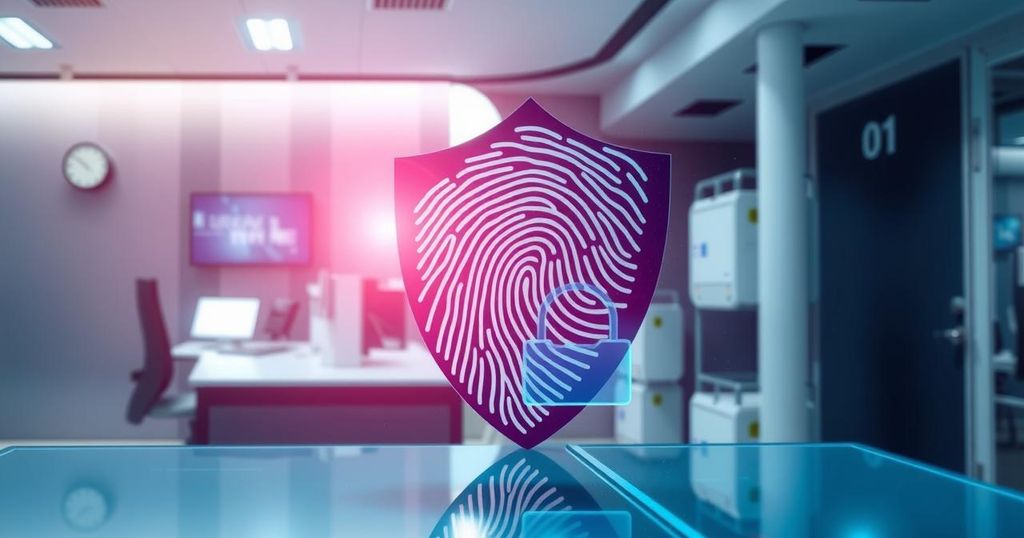authID has launched PrivacyKey™, a revolutionary technology in biometric authentication that addresses privacy and compliance concerns by ensuring no actual biometric data is stored. This system uses key-pair encryption for safe processing of facial biometrics, maintaining high performance with processing speeds of 700ms and one-in-billion false-match accuracy. This solution not only enhances security and compliance but could also set new standards in the industry, facilitating wider biometric adoption.
authID (Nasdaq: AUID) has introduced PrivacyKey™, advancing its biometric identity authentication platform by resolving privacy and compliance concerns linked to biometric data. This innovative technology builds on authID’s previous solutions, Proof™ and Verified™, and utilizes a key-pair system that processes facial biometrics without storing actual biometric data. The release, featured in Version 4.0, ensures secure handling of biometric identifiers by creating public and private key pairs while destroying the private key immediately after identity proofing.
During authentication, the private key is regenerated and validated against the public key through encrypted communication, significantly enhancing security. PrivacyKey™ ensures high-performance metrics, offering process speeds of 700 milliseconds and an impressive false-match accuracy of 1 in 1 billion. It is designed with advanced key-management features that permit enterprises to easily manage key rotation and revocation, maintaining stringent access control.
This technology meets the urgent needs for compliance with increasing regulatory frameworks regarding biometric data across multiple jurisdictions. With concerns over biometric data abuse and security violations growing, the adoption of PrivacyKey™ offers a robust solution that can help organizations mitigate compliance risks while leveraging biometric authentication benefits.
The unique architecture of PrivacyKey™ prevents duplicate registrations without storing user facial images, making it a pioneering approach in the biometric authentication field. With superior performance and a focus on protecting user data, it could set a new industry standard that encourages competitors to adopt similar privacy-first strategies.
From an investment perspective, this innovation signifies a potential growth catalyst for authID as it enhances market competitiveness and addresses major barriers to biometric authentication adoption, such as privacy concerns. By ensuring no biometric data is stored, the platform reassures both enterprises and users about the integrity and confidentiality of their authentication processes.
CEO Rhon Daguro noted that, “We’ve never stored any biometric data that could be reverse-engineered into a face,” emphasizing the company’s commitment to stringent compliance requirements and user privacy. Furthermore, by eliminating biometric data storage, organizations can gain both innovative security measures and peace of mind in their authentication procedures.
The launch of PrivacyKey™ is a significant development in biometric authentication technology, addressing critical issues of privacy and regulatory compliance in the utilization of biometric data. With rising concerns about data security and potential vulnerabilities tied to stored biometric information, PrivacyKey™ innovatively processes facial biometrics without retaining sensitive data. This solution not only adheres to privacy laws but also serves to enhance user trust in biometric systems that have previously faced skepticism due to fears of data misuse and legal repercussions.
The introduction of PrivacyKey™ by authID marks a transformative approach to biometric identity verification, eliminating data storage risks and enhancing security through public-private key encryption methods. With outstanding performance capabilities and a commitment to regulatory compliance, this technology paves the way for broader acceptance and utilization of biometric solutions in various sectors, especially those with strict privacy laws. Such advancements could fundamentally reshape how organizations view and implement biometric authentication.
Original Source: www.stocktitan.net









